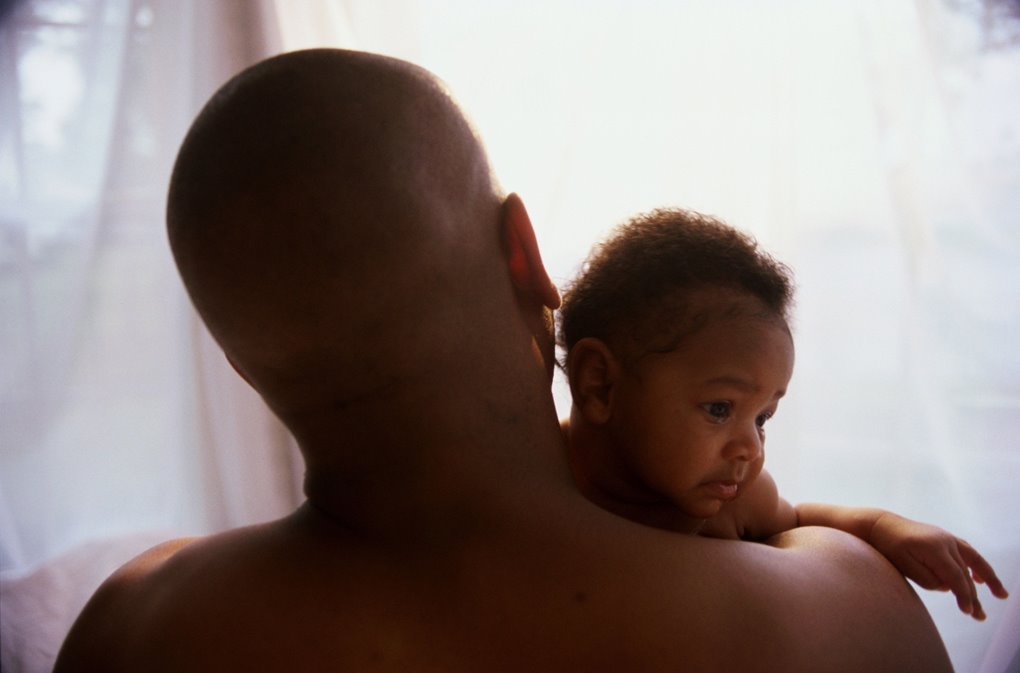Paternal postnatal depression in not a new phenomenon, although awareness of it is. More light has been shed on this in recent times thanks to increasing social acceptance of men’s emotions. Similar to the feelings that new mothers so often go experience following birth, men’s postpartum depression can strongly affect the entire family.
Men normally are well-skilled at hiding their postpartum depression. They may, or may not, show any kind of traditional signs that all the new mother do like loss of interest, crying every time, and typical sadness. Although a new father may attempt to “keep up their appearances,” the best clue that he might have an underlying problem is found by being alert to things that appear to be “just not right” in regards to his normal behaviors. Society tells us that a new baby should be one of the most joyous of all life experiences. Well, for many new parents it can be quite the opposite.
Who Does It Affect?
Postpartum depression is an incapacitating psychological illness. It affects more than 15 percent of new mothers and 10 percent of new fathers. Many parents simply do not tell anyone that they are not coping with their new role as parents. It is common to experience very painful emotions after the birth of a new baby and men, in particular, do not ask for help. How many men visit a doctor when they need it, let alone get help when they are not coping emotionally or experiencing the baby blues?
Having a new baby brings massive changes to your life and there are a lot of ‘fairytale’ expectations from the world around us that are impossible to live up to. Men are often totally unprepared for the new stresses having a young family can bring: suddenly they have to juggle work, extra financial pressures and trying to support their partner who is going through her own life-flip!
How Do Men Feel
Add to that a loss of freedom, lack of sleep, probably less sex – let alone the huge identity change that comes with being a new dad. All of this can lead to resentment towards their baby, their partner and everyone around them that is still living the life they used to have.
Postpartum depression in men, or baby blues, can bring with it mood swings, drug taking or drinking, anger, anxiety attacks, becoming withdrawn from loved ones and a general feeling of unhappiness. Many men then try to brush off the negative feelings they experience and struggle on without seeking support.
It’s Okay to Not Love Being a New Dad
If postpartum depression is left untreated it can be devastating for the whole family. Men need to know that it is okay to have negative feelings about their new role as a parent and reaching out for help is the right thing to do.
Postpartum depression in men is treated with therapy or counseling and sometimes antidepressants as well. Joining a support group for new parents is also a good way to understand that you are not alone and that there are plenty of other men sharing the same experience.
Image source: Thinkstock/Ingram Publishing


